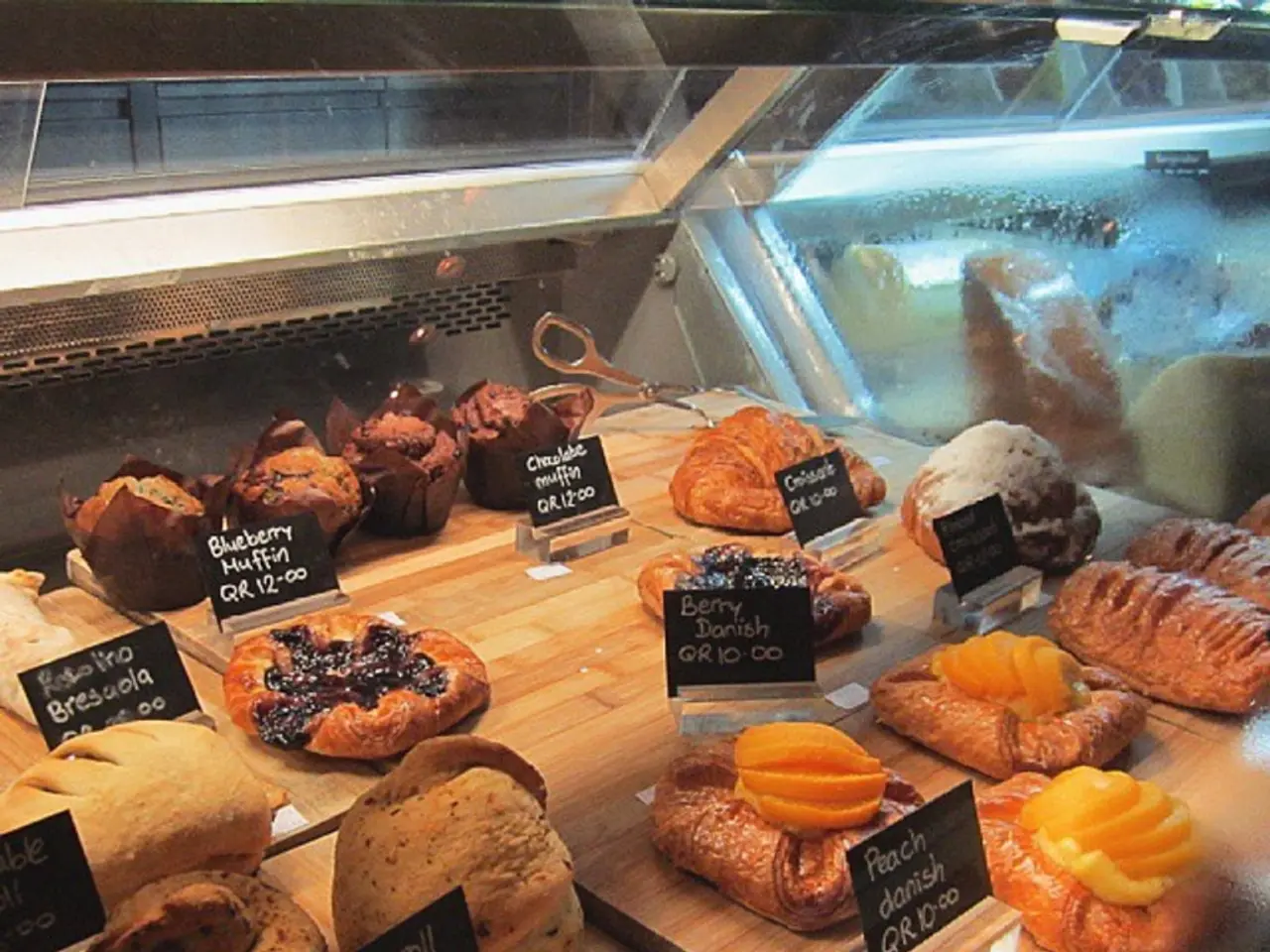Hungarian Patisserie: Tradition, Camaraderie, and Decadent Carrot Cake
The Hungarian Pastry Shop, nestled at 1030 Amsterdam Avenue on Manhattan’s Upper West Side, has been a cherished café since its establishment in 1961. This iconic café, located directly across from the Cathedral of St. John the Divine in the Morningside Heights neighbourhood, is not just a place to savour traditional Hungarian pastries and coffee, but a vital cultural institution that bridges the past and present for immigrants, fosters creativity, and strengthens the social and cultural bonds of the community [1][3].
Founded by immigrants, the Hungarian Pastry Shop has preserved pieces of Hungarian culture, including language, flavours, and a sense of community. Over the decades, it has grown into a welcoming space that blends cultural heritage with local urban life, making it an essential part of the Upper West Side's diverse and dynamic environment [1].
For many, especially Hungarian immigrants, the shop offers a nostalgic connection to their roots. The menu and ambiance evoke memories of their homeland, making it a rare and comforting meeting point for community and continuity in the bustling city [1]. The café is famously known as a haven for writers and students who seek a cozy and inspiring environment for reading, studying, and creative work. Its proximity to Columbia University makes it a natural gathering spot for scholars and intellectuals [3][1].
The Hungarian Pastry Shop's warm, unchanging presence feels like a quiet embrace from Budapest itself in the fast-paced, constantly changing city of New York. The café's cozy, Wi-Fi-free environment has made it a favourite among locals, students, and writers alike. It is a hub for exchange and interaction, attracting customers from various backgrounds, ages, and demographics [1][3].
In 2023, the Hungarian Pastry Shop underwent renovations funded by a grant from the Backing Historic Small Restaurants program. Despite these changes, the café remains faithful to its roots, continuing to offer large and sweet pastries such as Dobos tortes, Sacher tortes, strudels, and Hamantaschen, all made in-house [2].
The café has been significant for several acclaimed authors, including Ta-Nehisi Coates, Julie Otsuka, and Nathan Englander. Susanna Steinberg, a senior at Chapin High School, has been a regular for five years and considers it a place of community and productivity. Karla, a native Hungarian, believes the Hungarian Pastry Shop is important for the neighbourhood and will stay due to its personal and comforting nature [4].
For an older gentleman who has been visiting since the early 1980s, the Hungarian Pastry Shop provides a rare and comforting bridge to home. Nora Torok, who was not identified in the paragraph, also shares a positive sentiment towards the Hungarian Pastry Shop. The café's role as a haven for writers, students, and immigrants, as well as its impact on the Upper West Side community, has solidified its status as a beloved New York City landmark [1][3].
Approximately 39,664 people in New York City identify as Hungarian. The Hungarian Pastry Shop continues to serve as a beacon of Hungarian culture in the city, preserving and celebrating its rich heritage for generations to come.
The Hungarian Pastry Shop, with its deep roots in Hungarian culture, showcases its history through traditional food-and-drink offerings like Dobos tortes and Sacher tortes. The café's lifestyle and home-and-garden-inspired atmosphere create an inviting space for immigrants to connect with their heritage and strengthen community bonds. Its unique features, such as being a haven for writers and scholars, make it a significant part of the local culture in Morningside Heights.




